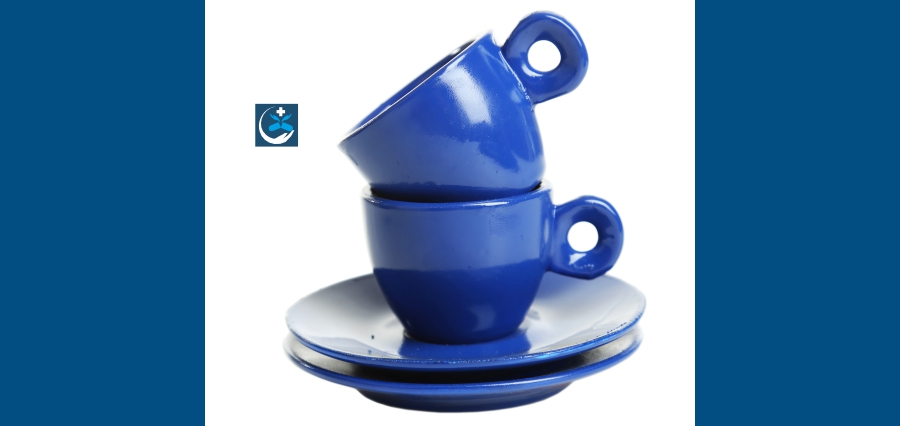High xylitol levels may increase cardiovascular risks by promoting clotting, according to research from the Cleveland Clinic. One typical zero-calorie sweetener that can be found in toothpaste, gums, baked products, and sugar-free candies is xylitol.
Researchers, led by Stanley Hazen, M.D., Ph.D., discovered that higher amounts of xylitol are associated with an increased risk of cardiovascular events such as heart attacks and strokes. This association was confirmed through large-scale patient analyses, preclinical research models, and a clinical intervention study. The findings were published on June 6 in the European Heart Journal.
Over the past decade, the use of sugar substitutes, including sugar alcohols and artificial sweeteners, has significantly increased in processed foods marketed as healthy alternatives. Last year, the same research team found a similar link between erythritol and cardiovascular risk. While xylitol is not as prevalent as erythritol in keto or sugar-free products in the U.S., it is more commonly used in other countries.
“This study highlights the urgent need to investigate the health impacts of sugar alcohols and artificial sweeteners, especially as they continue to be recommended for managing conditions like obesity and diabetes,” said Dr. Hazen, Chair of Cardiovascular and Metabolic Sciences at Cleveland Clinic’s Lerner Research Institute and Co-Section Head of Preventive Cardiology in the Heart, Vascular & Thoracic Institute. “If your toothpaste contains xylitol, you shouldn’t discard it, but you should be aware that excessive use may raise your risk of blood clot-related incidents.”
In the new study, high levels of circulating xylitol were linked to an increased three-year risk of cardiovascular events, according to an analysis of over 3,000 individuals from the United States and Europe. A third of the patients with the highest xylitol levels in their plasma were more likely to experience a cardiovascular event. To confirm these findings, the research team conducted preclinical testing, revealing that xylitol caused platelets to clot and increased the risk of thrombosis. Additionally, they tracked platelet activity in people who ingested a xylitol-sweetened drink versus a glucose-sweetened drink, finding that all measures of clotting ability significantly increased immediately following xylitol ingestion but not glucose.
Read More: Click Here







